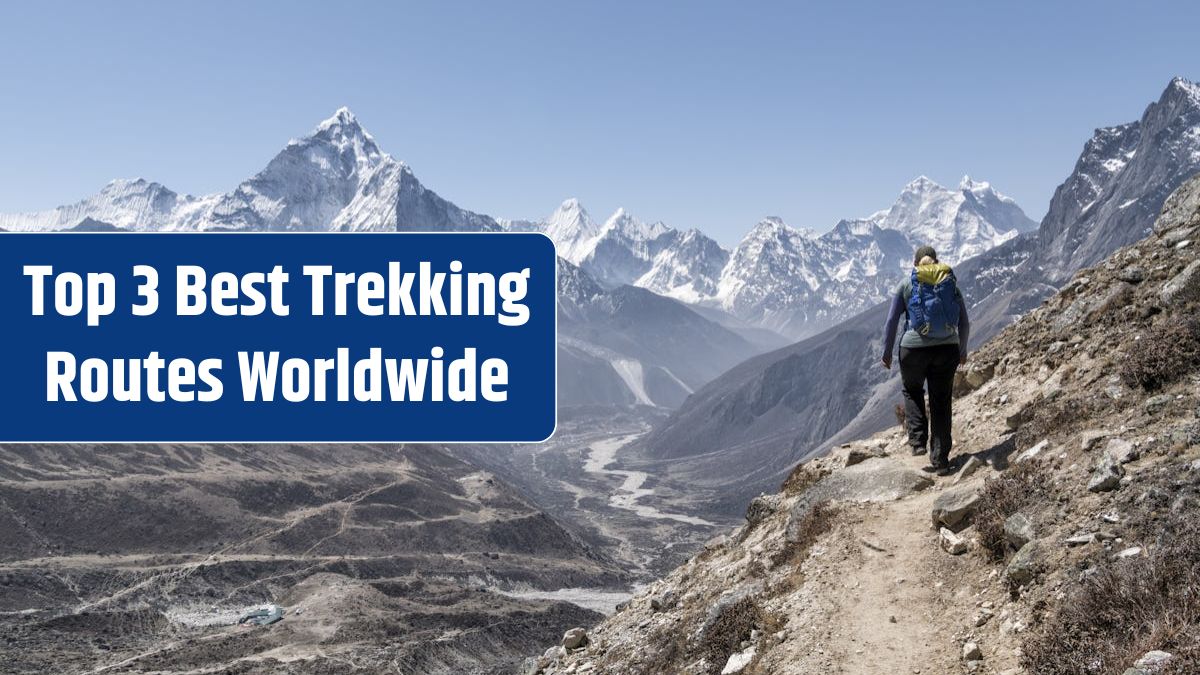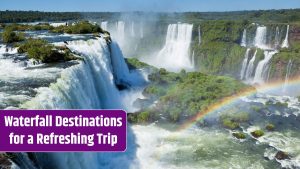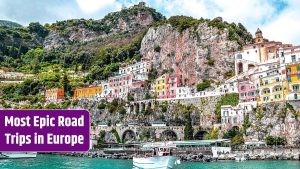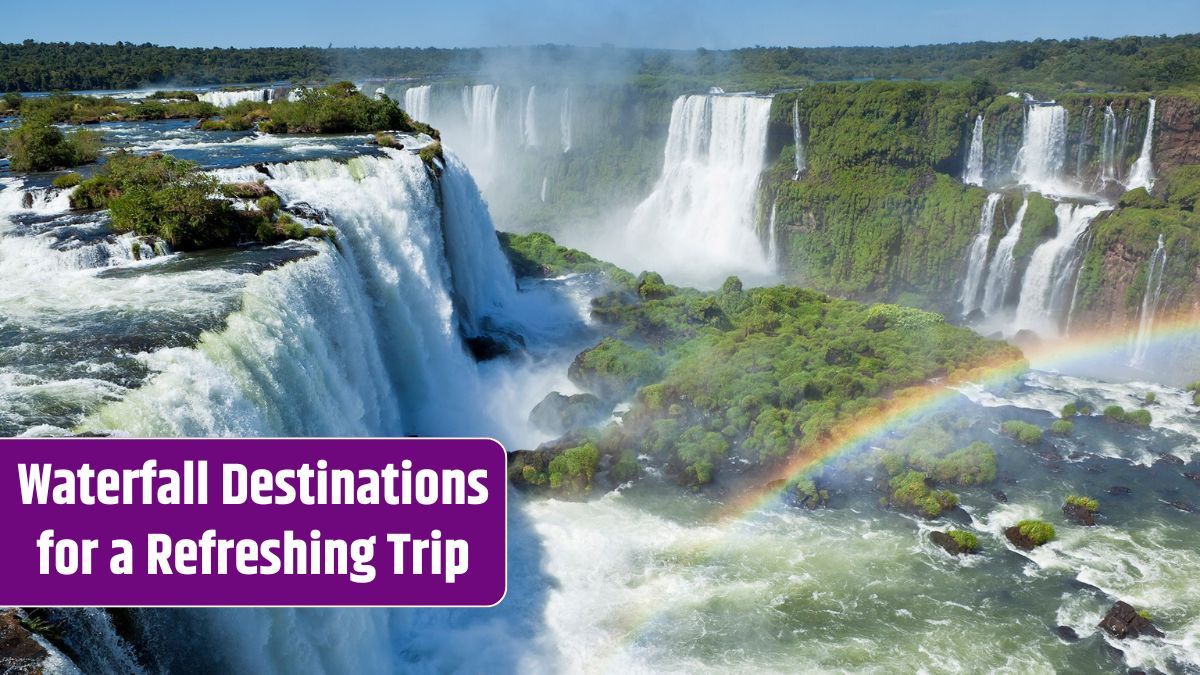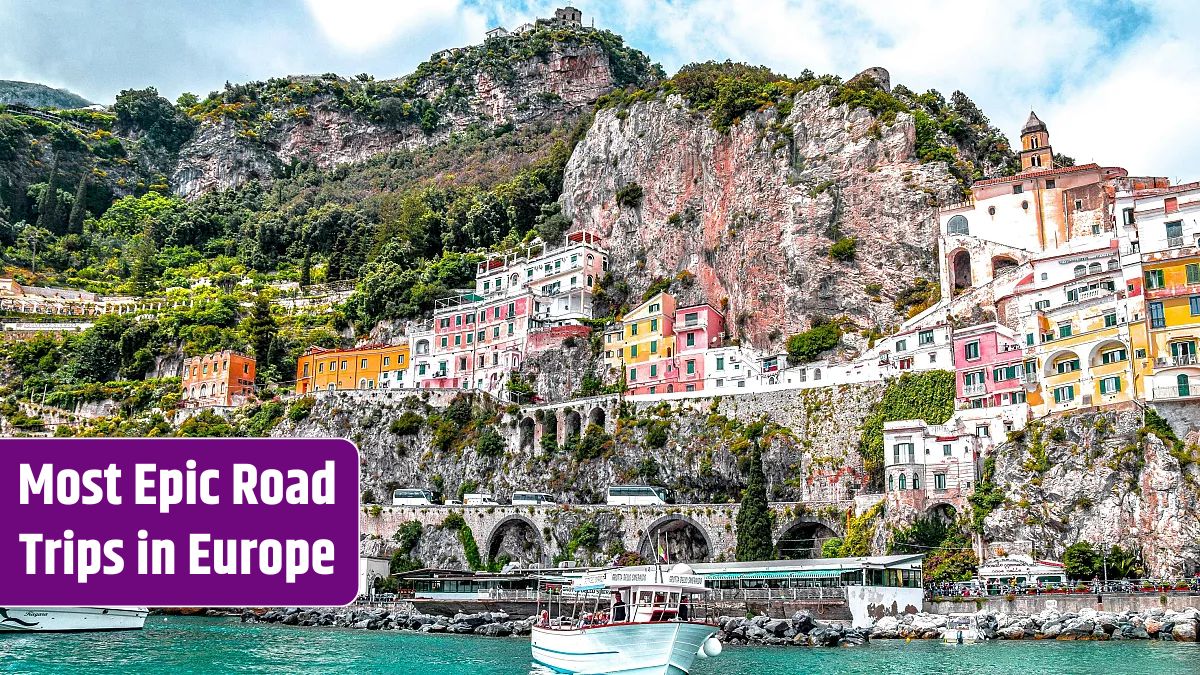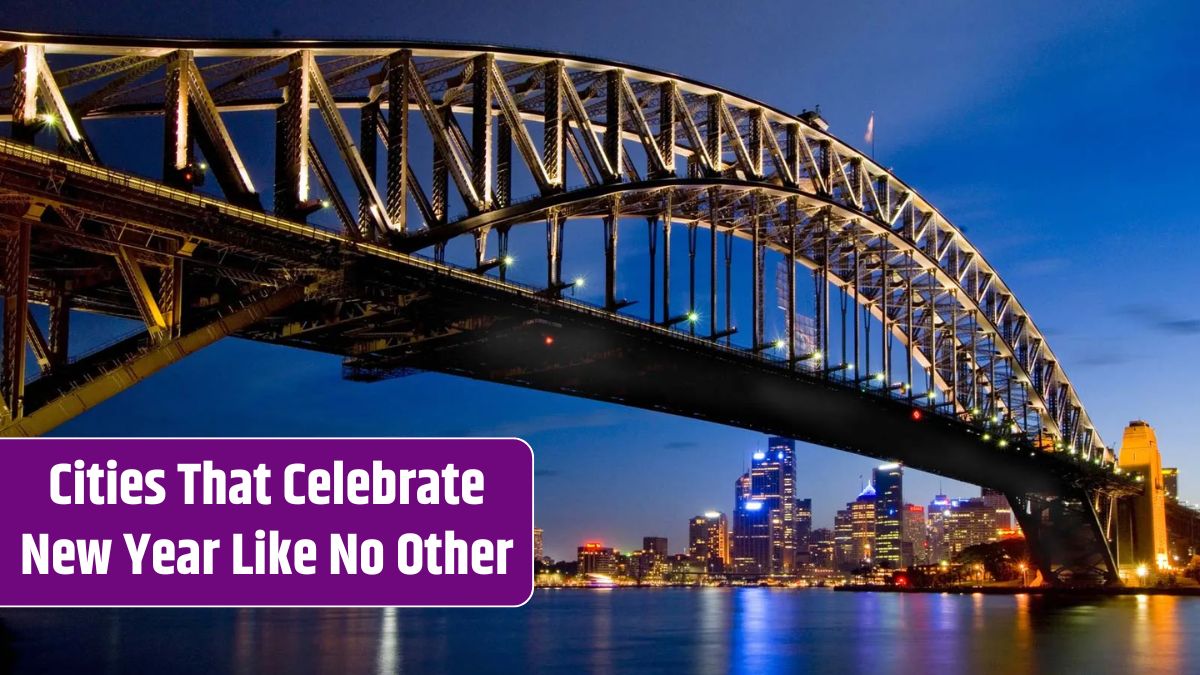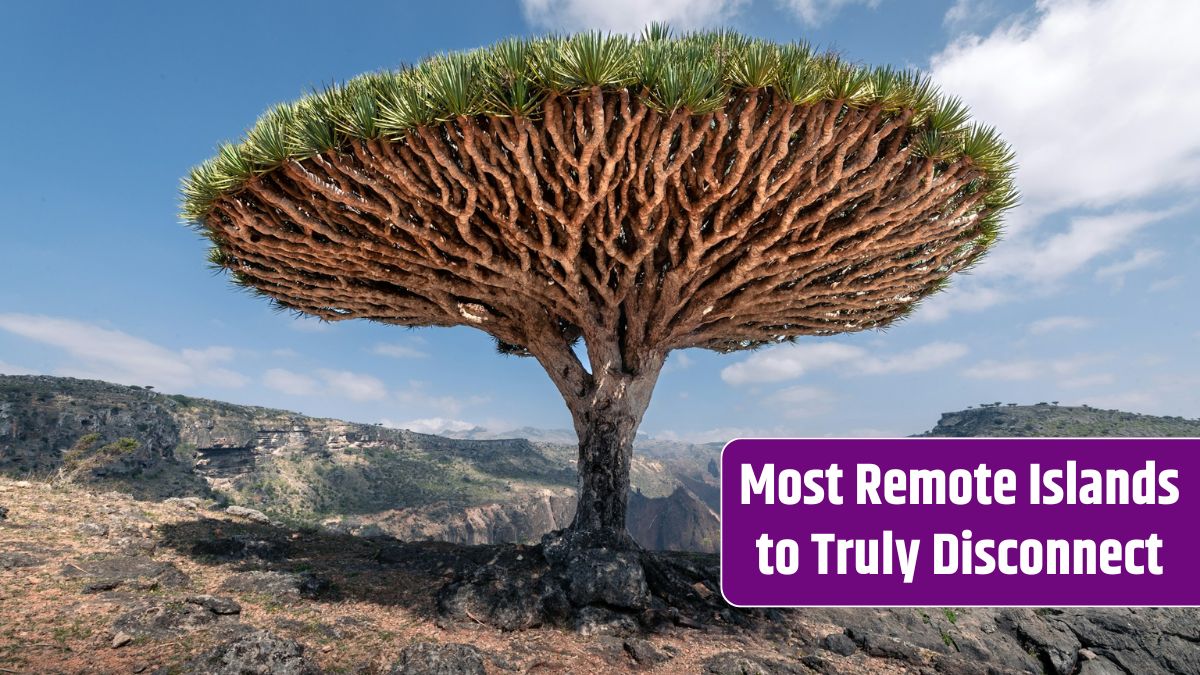Trekking is the ultimate adventure for nature lovers, offering breathtaking views, personal challenges, and unforgettable experiences. If you’re looking into some of the world’s best trekking routes, these three trails should be at the top of your bucket list. Each provides a unique blend of scenery, culture, and adventure that will leave you in awe.
Table of Contents
Everest Base Camp (Nepal)
The Everest Base Camp trek is one of the most iconic treks in the world. Nestled in the heart of the Himalayas, this route offers unparalleled views of Mount Everest and surrounding peaks. Along the way, trekkers pass through charming Sherpa villages, Buddhist monasteries, and alpine forests.
- Difficulty: Moderate to strenuous.
- Duration: 12–16 days.
- Highlights: Panoramic views of Everest, Khumbu Icefall, and Tengboche Monastery.
Pro Tip: Acclimatization is key to avoiding altitude sickness. Take it slow and stay hydrated.
Inca Trail (Peru)
The Inca Trail is a trek like no other, combining natural beauty with rich history. This trail leads you through lush cloud forests, ancient ruins, and dramatic mountain passes, culminating at the breathtaking Machu Picchu.
- Difficulty: Moderate.
- Duration: 4–5 days.
- Highlights: Dead Woman’s Pass, Incan ruins, and the Sun Gate at Machu Picchu.
Pro Tip: Permits sell out quickly, so book your trek months in advance.
Tour du Mont Blanc (Europe)
Spanning three countries—France, Italy, and Switzerland—the Tour du Mont Blanc offers a mix of jaw-dropping alpine scenery and European charm. The circular route takes you around Mont Blanc, Europe’s highest peak, showcasing glaciers, meadows, and quaint mountain villages.
- Difficulty: Moderate to strenuous.
- Duration: 10–12 days.
- Highlights: Chamonix Valley, Col de la Seigne, and stunning views of Mont Blanc.
Pro Tip: Stay in mountain huts or small hotels for a more comfortable trekking experience.
Trekking Cost Comparison
Here’s a breakdown of estimated costs for these trekking routes:
| Trek | Permit/Entry Fee | Guide/Porter | Accommodation | Food (Per Day) | Total Cost (Estimate) |
|---|---|---|---|---|---|
| Everest Base Camp | $20–$40 | $20–$30/day | $5–$10/day | $15–$25 | $1,000–$1,500 |
| Inca Trail | $80–$100 | Included in tour | Included in tour | Included in tour | $600–$1,000 |
| Tour du Mont Blanc | None | Optional | $50–$100/night | $20–$40 | $1,500–$2,500 |
Note: Costs vary based on season, choice of accommodations, and whether you hire a guide or go independently.
Trekking Tips
- Train Beforehand
Build endurance and strength before tackling these challenging routes. - Pack Light
A well-packed backpack with essentials like layered clothing and a first-aid kit can make all the difference. - Stay Hydrated
Carry a reusable water bottle and water purification tablets. - Respect Local Culture
Know about the local traditions and interact respectfully with the communities along the way.
These trekking routes are more than just physical journeys—they’re transformative experiences that connect you with nature, history, and yourself. Whether you’re chasing the thrill of the Himalayas, the mystique of ancient Incan pathways, or the charm of European alpine trails, your adventure awaits!
FAQs
Which trek is best for beginners?
The Inca Trail is ideal for beginners with moderate fitness levels.
What’s the best time for Everest Base Camp?
Spring (March-May) and fall (September-November) are ideal.
Do I need a guide for the Tour du Mont Blanc?
A guide isn’t mandatory, but highly recommended for beginners.
Are permits required for the Inca Trail?
Yes, permits are mandatory and should be booked in advance.
How difficult is the Everest Base Camp trek?
It’s moderately difficult; proper acclimatization is crucial.
